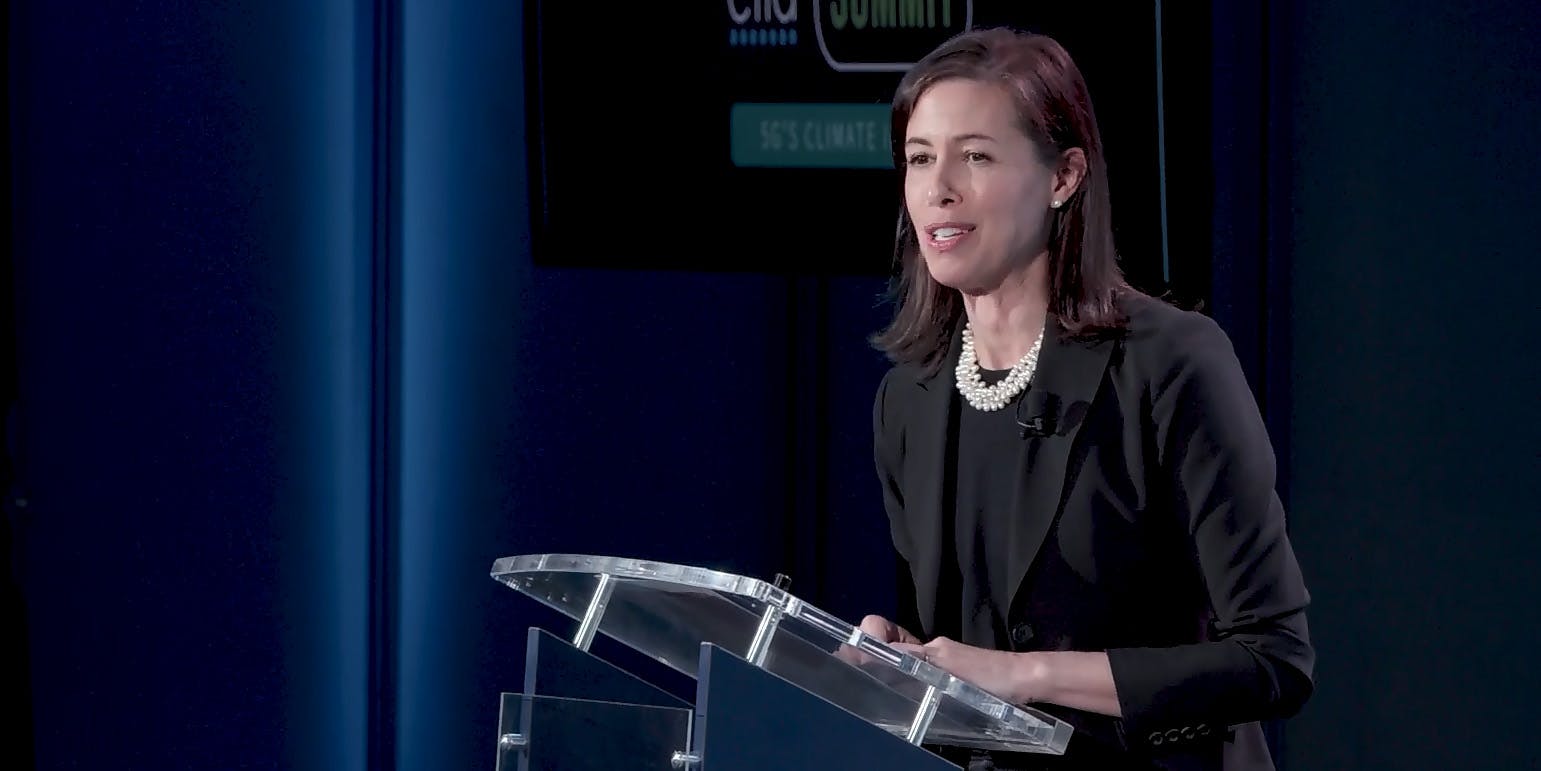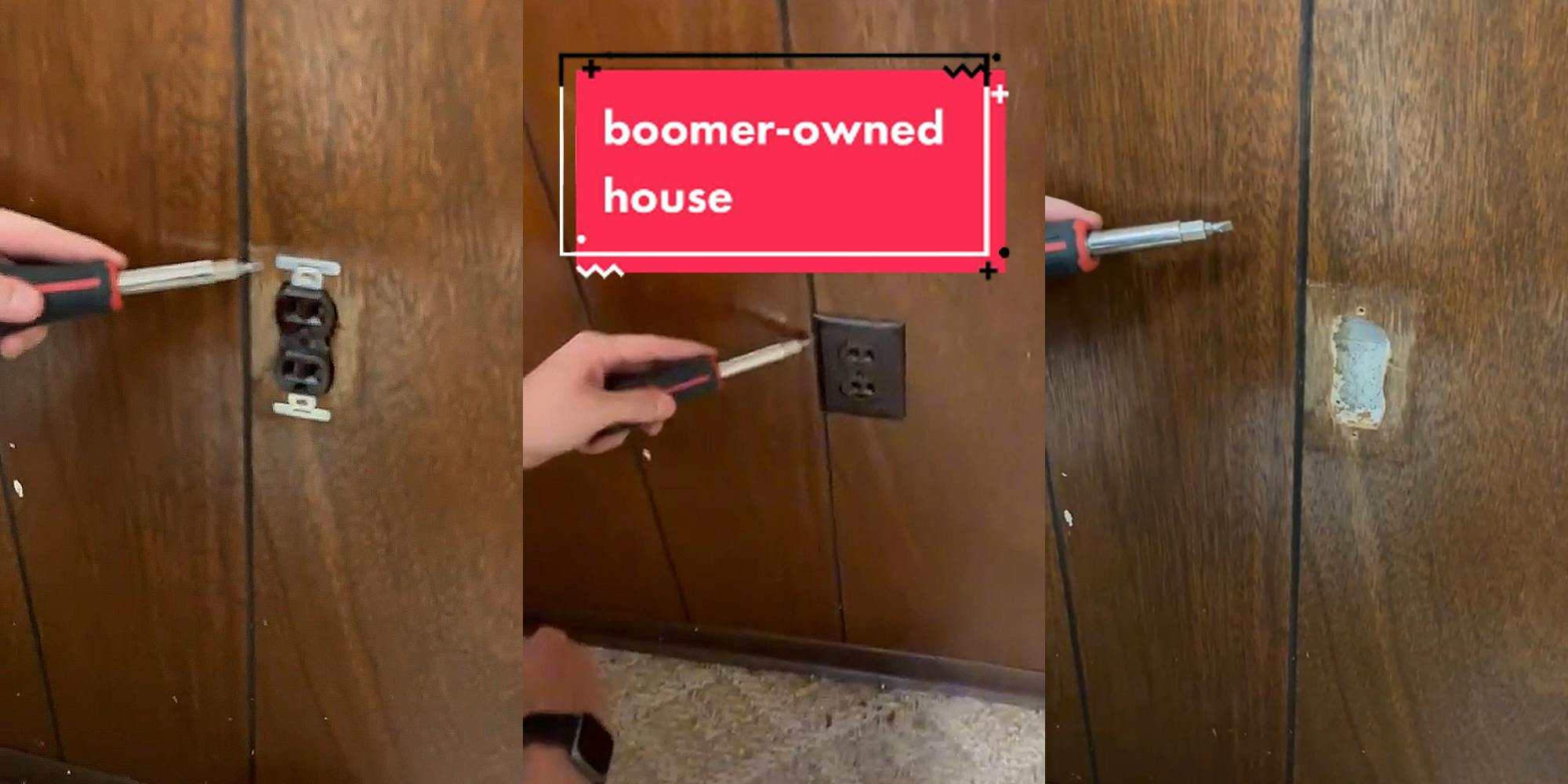Sign up to receive Internet Insider, a daily newsletter from the Daily Dot, in your inbox.
Hello fellow citizens of the internet! Andrew here. Welcome to today’s edition of Internet Insider.
I hope your week has started off well! Today’s most pressing internet culture stories include a recap of how a mood tracking app left its users exposed online, a claim that has sparked data privacy concerns in the wake of the Roe v. Wade ruling, and a look into discourse about whether seeing theatrical movies is “elitist.”
Plus, I break down how the FCC chairwoman proposed a raise to the standard for what the government considers the minimum broadband speed in my “Tech Analysis” column.
That’s a lot to get through, so enough from me. Let’s get into the news.
— A.W.

PRIVACY: The mental health app Feelyou recently patched a vulnerability that saw the email addresses of its nearly 80,000 users exposed online. The app, which is focused on journaling and mood tracking, allowed people to share their feelings either publicly or anonymously. However, as our Tech Reporter Mikael notes, until last week anyone could obtain email addresses of users and link them to anonymous posts.
WTF: A woman on Twitter recently went viral after claiming that she was mailed baby formula after purchasing a pregnancy test from Walgreens without ordering or buying the formula. The incident sparked a number of data privacy concerns in the wake of the Supreme Court overturning Roe v. Wade. Our IRL Reporter Tricia breaks it all down here.
CULTURE: Joe Russo, one of the director’s of Avengers: Endgame, sparked a debate online after claiming that theatrical movies were “elitist.” As our Culture Reporter Gavia reports, the quote sparked a predictably conflicted response among people online, drawing criticism from a wide array of angles. You can check out Gavia’s recapping of all the discourse here.
VIRAL: Job hunting is hard, but one woman on TikTok is going viral after showing how she secured a job interview after sending a meme to her initial rejection email. Her video has already been watched more than 1.6 million times, with some commentators saying she might have cracked the code in job hunting.


FCC chairwoman wants to raise the definition of what is considered adequate broadband service
The Federal Communications Commission (FCC) wants to raise the definition for what constitutes a minimum broadband speed.
Currently, the government sets a minimum broadband speed of 25 Mbps download and 3 Mbps upload when determining whether someone has broadband internet access. That definition has long been deemed too low, and now FCC Chairwoman Jessica Rosenworcel wants to raise it.
Specifically, Rosenworcel has suggested raising the minimum to 100 Mbps download and 20 Mbps upload. The FCC has used the 25/3 Mbps minimum since 2015, and since then Rosenworcel has advocated for a 100 Mbps standard. The minimum speed definition helps the FCC determine what areas across the country are deemed to have internet service.
“The needs of internet users long ago surpassed the FCC’s speed metric, especially during a global health pandemic that moved so much of life online,” Rosenworcel said in a recent statement. “The 25/3 metric isn’t just behind the times, it’s a harmful one because it masks the extent to which low-income neighborhoods and rural communities are being left behind and left offline.”
The long-term goal, Rosenworcel said, would be to “set a separate national goal of 1 Gbps/500 Mbps for the future.”
Last year, the Government Accountability Office (GAO) recommended that the FCC reevaluate its current definition of minimum broadband speeds, arguing that the 25/3 Mbps definition isn’t enough to “meet the needs” of small businesses.
Before that, a group of senators also called on the agency to update its definition of broadband to 100 Mbps for both upload and download speeds.
Around the same time, Consumer Reports and numerous other advocacy groups launched a nationwide campaign to crowdsource information about people’s internet speeds.
The campaign allowed people to take an internet speed test, upload their internet bill, and answer a few questions to help Consumer Reports “press internet service providers and government officials to deliver greater access to fair, affordable, reliable internet services.
Rosenworcel proposed changing the minimum broadband speed definition as part of a “Notice of Inquiry,” which would need public input and a vote before the definition could change.
Like what you are reading? Sign up to receive Internet Insider, a daily newsletter from the Daily Dot, in your inbox each morning.
SPONSORED

Sustainable vibes meet tan lines
A love for the beach inspired Made Trade’s new collection of sustainable beach essentials. Shop now for Earth-friendly beach bags, organic cotton beach towels, swimwear made with recycled materials, and more. The best part is that your purchases ensure the health of our planet and ethical treatment for artisans and makers everywhere. Ethical shopping for the perfect beach day has never been this easy!
👀 TODAY ONLINE
Here are some key dispatches from across the ‘net.
🍎 An Apple Store employee is going viral for warning others about the casual behaviors that could spell ruin for your technology.
🗣️ People on both sides of the political aisle are arguing over whether Ivana Trump was “Epsteined.”
⚡ In a viral video, a TikToker says she was touring a house in Georgia when lightning struck the home.
💻 A worker’s warning about customer service jobs and how working from home is “how they reel you in” has gone viral online.
🥕 An Instacart worker says she watched an order for a store over 30 miles away sit on her screen for more than two hours because no one wanted to take it.
🏰 It’s easier than ever to gift the magic of Disney. Here’s everything you need to know about the all-new Disney+ gift subscriptions.*
🥝 Stationhead CEO Ryan Star describes courting creators and the nostalgia of radio. If you want more stories like this, subscribe to the Passionfruit newsletter.
🖱️ Here’s how Multi-User Dungeons built the internet.
*The Daily Dot may receive a commission in connection with purchases of products or services featured here.
👋 BEFORE YOU GO
Well, this isn’t something you want to find in a home you just purchased. A TikToker has gone viral after revealing that a power outlet in a formerly “boomer-owned” home they moved into was fake.

Now Playing: 🎶“Good Things” by The Menzingers🎶


